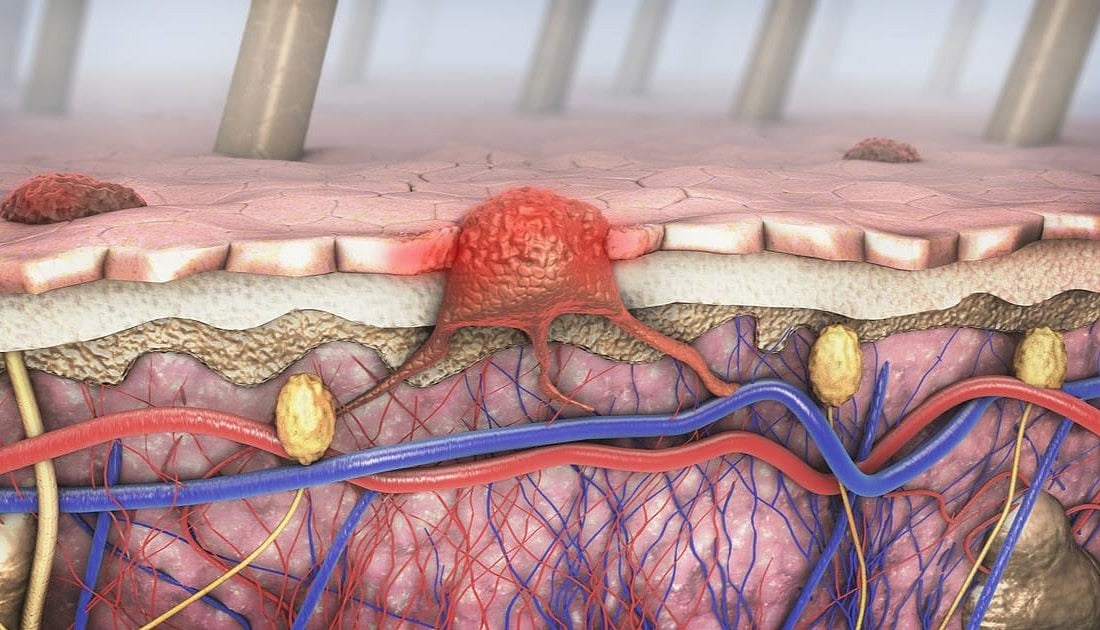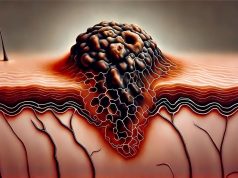Patients belonging to haplogroup T exhibit unique nivolumab-resistant baseline peripheral CD8+ T-cell repertoire
By Elana Gotkine HealthDay Reporter
THURSDAY, June 12, 2025 (HealthDay News) — For patients with metastatic melanoma, mitochondrial (MT) haplogroup T (HG-T) is associated with resistance to an anti-programmed cell death protein-1-based immune checkpoint inhibitor (ICI), according to a study published online June 5 in Nature Medicine.
Kelsey R. Monson, Ph.D., from the Perlmutter Cancer Center at NYU Langone Health in New York City, and colleagues examined the association of host MT genetics with ICI efficacy in 1,225 ICI-treated patients with metastatic melanoma.
The researchers discovered and validated significant associations of MT HG-T with resistance to an anti-programmed cell death protein-1-based ICI, both as a single agent and in combination; HG-T was found to be independent of established tumor predictors. A unique nivolumab-resistant baseline peripheral CD8+ T-cell repertoire was exhibited by patients belonging to HG-T compared with other MT haplogroups (pooled odds ratio, 3.46). This was validated in a clinical trial and in an independent standard-of-care ICI cohort.
“Checkpoint immunotherapy has become the mainstay in cancer care in the past decade, especially for those with metastatic melanoma, but until now, it has never been clearly explained why nearly half will not respond to treatment,” Monson said in a statement.
Several authors disclosed ties to the biopharmaceutical industry.
Copyright © 2025 HealthDay. All rights reserved.








